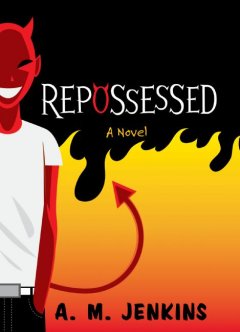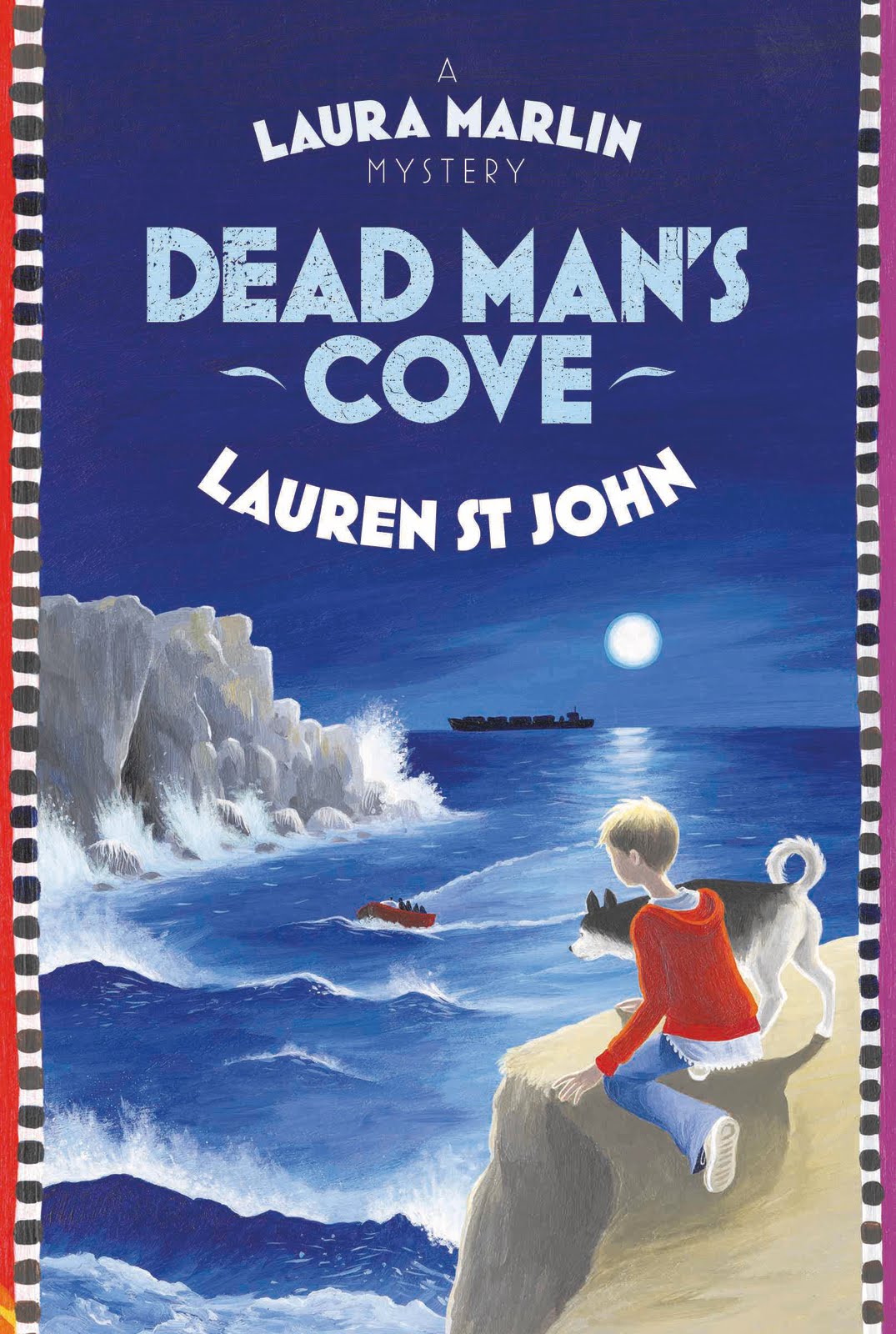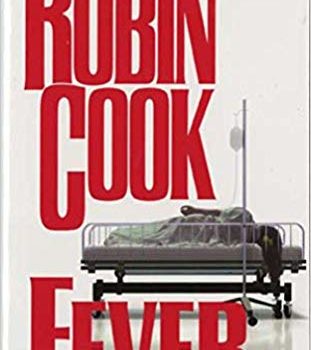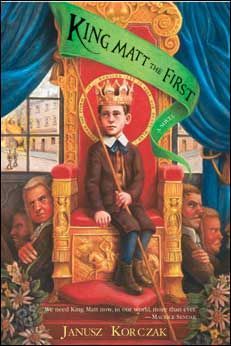Summer Goal Book
Each summer I try to choose a book which will challenge me and may not be enjoyable to read, but I will finish it just for the experience. A few years ago I started Dracula by Bram Stoker, but it took me like 2 years to finish. The book I […]




